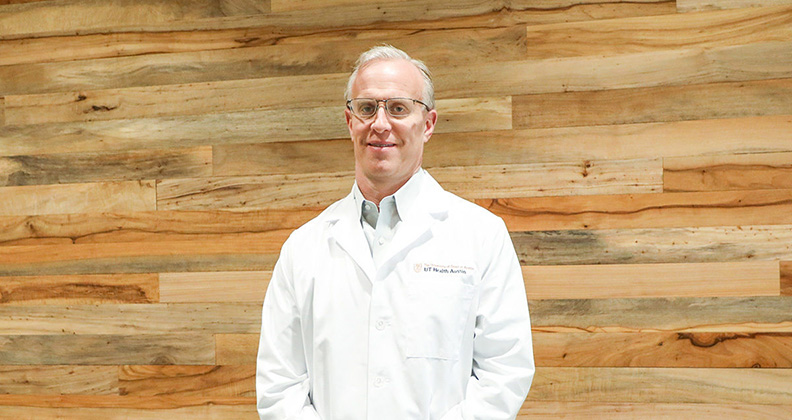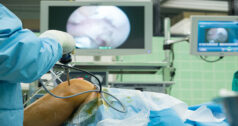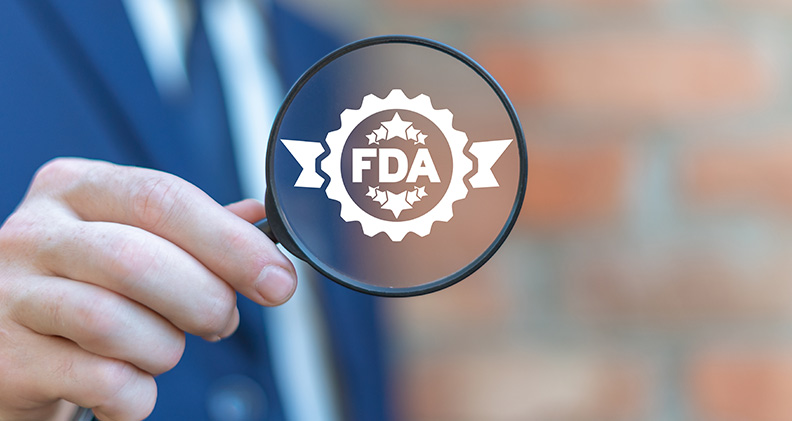
The year-to-date orthopaedic funding announcements we’ve tracked include products that seek clinical trial data and that utilize innovative technologies such as robotics and imaging systems.
One announcement of interest in particular was Johnson & Johnson Innovation – JJDC leading the $3MM investment round for OrthoSpin’s smart robotic external fixation system. The OrthoSpin system, referred to as SmartStrut™ when we reported on its first-in-human case, comprises a strut powered by a lightweight motor and a control box placed on top of the circular, hexapod fixation frame. It automatically and continuously adjusts and lengthens struts according to a prescribed, pre-programmed treatment plan, obviating patient involvement.
We recap YTD funding announcements for you here, featuring technologies related to each of the orthopaedic market segments:
3D-Side received a €3MM (~US $3.5MM) capital increase to support launch and international expansion of Customize, web-based Software as a Service/SaaS for mass customization of medical devices. The platform includes tools for design, production management and communication among healthcare providers/manufacturers/patients, in pursuit of better outcomes and shorter lead times.
7D Surgical completed a round of financing described as its largest secured to date. Funds will support launch of the Machine-vision Image Guided Surgery system and product development for spine and cranial surgical navigation. The company’s Flash Registration and Flash Fix technology are designed to save time in the O.R. by enabling anatomical registration in 20 seconds vs. the 15 to 30 minutes required by traditional IGS. Registration can be updated with the click of a foot pedal. No radiation is required.
Articulus Bio received an undisclosed amount of funding that will support development of a total ankle replacement specifically addressing the issue of wear debris. The company seeks to collect performance data on sub-assembly components of its Tendonoid Web Joint technology, which is designed to reduce and eliminate friction at articulating joint faces.
Artoss completed a funding round of Unsecured Convertible Notes. The round began in 2017 with a US $0.5MM target and was oversubscribed to twice that, totaling $1MM. The company seeks to expand its distribution network for NanoBone® Bone Graft. Its SBX Putty format received FDA 510(k) marketing clearance in 2016, and NanoBone QD bone graft launched in 2017. The latter comprises NanoBone SBX putty in an application designed for quick delivery. Funds will support the development of additional NanoBone Bone Graft products for the U.S. market, regulatory requirements and commercialization.
Biorez closed a $1.5MM C-1 financing and affirmed a planned 2019 launch of a human clinical study with a novel implant for anterior cruciate ligament reconstruction, following positive results from animal testing. The approach uses a scaffold on which a patient’s own cells may grow a new ligament before the implant is fully resorbed by the body. This may obviate the need to harvest a patient’s tendon to perform reconstruction.
Cerapedics completed a US $22MM financing. Proceeds will support continued launch of i-FACTOR™ Peptide Enhanced Bone Graft and a second Level I investigational device exemption (IDE) human clinical study. The round was led by KCK Group, a family investment fund. Cerapedics received FDA Premarket Approval in 2015 for use of i-FACTOR in anterior cervical discectomy and fusion, and was the first PMA-approved bone graft with this indication. The company has also initiated an IDE clinical trial in transforaminal lumbar interbody fusion.
Conventus Orthopaedics closed a $12MM venture loan. Funds will support commercialization of Nitinol-based cage technology, used to treat periarticular fractures in the proximal humerus.
Medartis raised gross proceeds of CHF 123.9MM and CHF 142.6MM, including an over-allotment of shares, in its IPO. (These figures translate to ~US $131.2MM and ~$151.0MM, respectively.) Funds will support the company’s strategic growth initiatives, including international expansion and product development, as well as potential acquisitions, etc.
Micro C Imaging, developer of a portable extremity imaging system, increased its seed investment to $2.2MM. The company seeks to launch its mobile fluoroscopy system in 2018 to bring mobile x-ray capability into physicians’ offices and clinics; urgent care facilities; ERs; rural, sports and military field settings and geographies that would benefit from a portable solution. Further, the Micro C™ may help physicians increase the utilization rate of their facilities and free up surgical time to perform additional procedures.
Simplify Medical closed an additional $23.3MM in a Series B financing, for a total $44.3MM raised. Funds will support ex-U.S. commercialization and U.S. clinical trials studying the Simplify cervical artificial disc.
Vericel, developer of MACI autologous cultured chondrocyte product for cartilage repair, closed its underwritten public offering of 5,750,000 shares of common stock for gross proceeds of ~$74.8MM. Funds will support general corporate purposes and potential expansion by in-licensing or acquiring complementary product candidates, technologies, etc.
Sources: Company press releases, websites, information in the public domain; images courtesy of manufacturers
Julie A. Vetalice is ORTHOWORLD’s Editorial Assistant. She can be reached by email.




